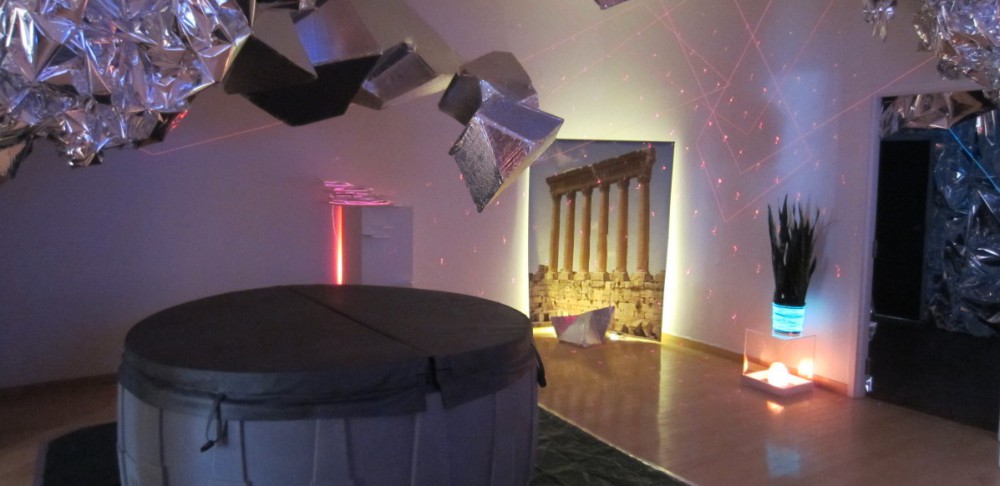As part of our reading of Do Androids Dream of Electric Sheep, we are exploring what it means to be human, in a world where both people and animals have their fake/electric/mechanical/non-living counterparts.
We are also exploring what authenticity means in a world where everything, including emotions (think the Penfield Mood organ), empathy (Mercerism), beings, products, etc. can be simulated. You might consider the andys, the Penfield Mood Organ, notions of empathy, the implantation of false memories, the Voight-Kampff test, (etc.), as well as the following questions:
- What defines a “human” or “humanity”?
- What distinguishes the real/genuine/authentic from the fake/simulated/ersatz? What is missing/lost/sacrificed (if anything) in these replicas?
(You can think about all of these questions, but especially the first two, above, in relation to the article, “Japanese professor creates uncanny, human-like robots, exhibit website, Android: What is Human? that we’re looking at for this coming week)
- Who/what serves who/what? Who are the masters and who are the slave? Who are the superiors and the inferiors?
- What are the relationships (colleagues, friendship, sexual, love, etc.) between different types of beings?
- What is a real “emotion” if it can be simulated on a Penfield mood organ and what is real empathy if it can be simulated through Mercerism (and tested, perhaps, by the Voight-Kampff)?
- What about fertility/reproduction (with Deckard’s neighbor’s horse, with the regulars/specials, with Mercer bringing dead things back to life, with having to deal with a post-apocalyptic world that is mostly dead)?
- What kinds of competing sets of values are at play?
- What are central conflicts of the novel?
I am also particularly interested in us tracing how, through their interaction with andys (and their particular positions in the world: Bounty Hunter and special/chickenhead, respectively), Rick Deckard and John Isidore D-503 move from merely embodying values/norms of their society that they have have already internalized, to developing individual, (perhaps rebellious?), free-thinking understanding about the world and their places in it, and the hierarchy of beings (living and otherwise).
[The Logistics]
Just a reminder that you should make your at least one comment (just hit “reply,” either to my original post or to another comment on it) by Sunday (3/1). Then go back/read through all comments and extend the conversation by making at least two more comments (of course, more are always welcome!) in response by Tuesday 3/3.
Your comment (reply) can be just a few sentences: provide the quote/citation and a quick explanation of how/why it functions in the context of some larger issue/question (or you can raise questions, complicate issues, extend discussions, analyze a character, or setting, etc. &/or discuss central conflicts/values/themes through the use of your evidence/analysis). Feel free to post multiple comments, and also to respond to others. If you’ve already discussed some of these instances in your previous blogs or in class, you should feel free to draw on that material.The goal is to have some good virtual discussions here to help you think critically about important themes/questions raised by this complex novel, and to find/analyze/synthesize various pieces of evidence in support of claim.
The goal in all cases is to provide specific examples from the text (quotes/citation) with discussion/analysis and some connection to a larger claim/argument. You must cite currently in MLA format (in-text citation).



